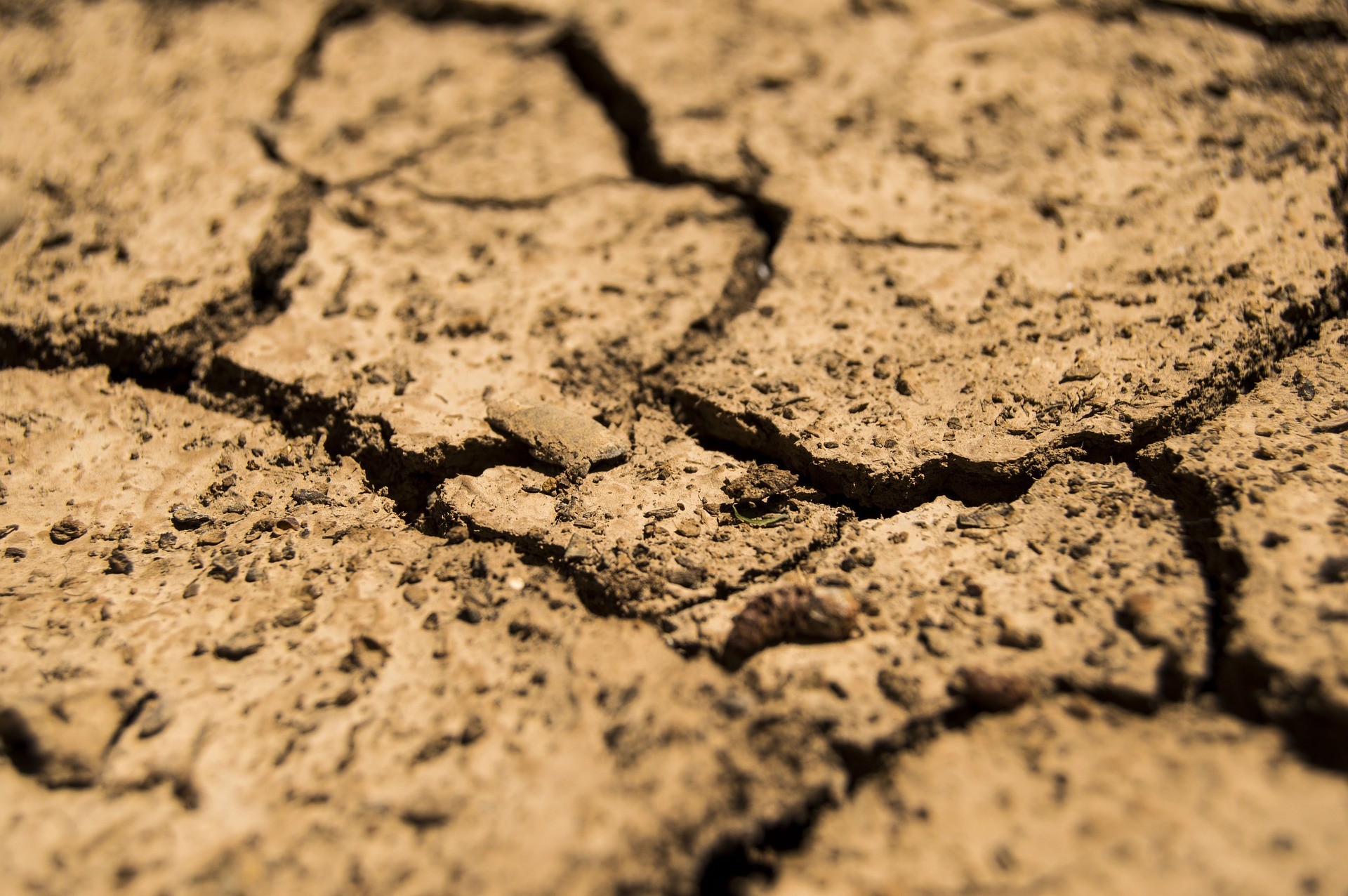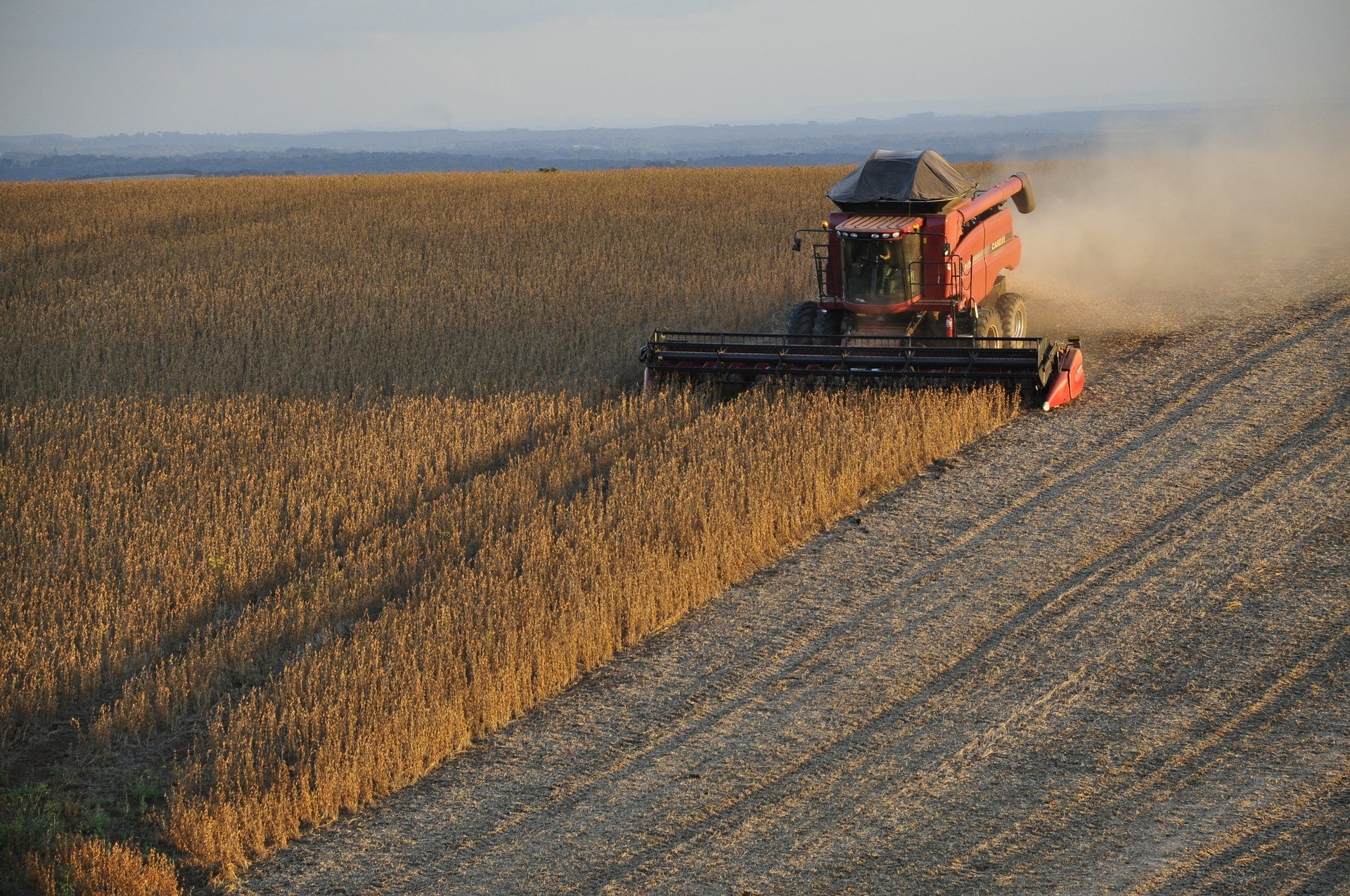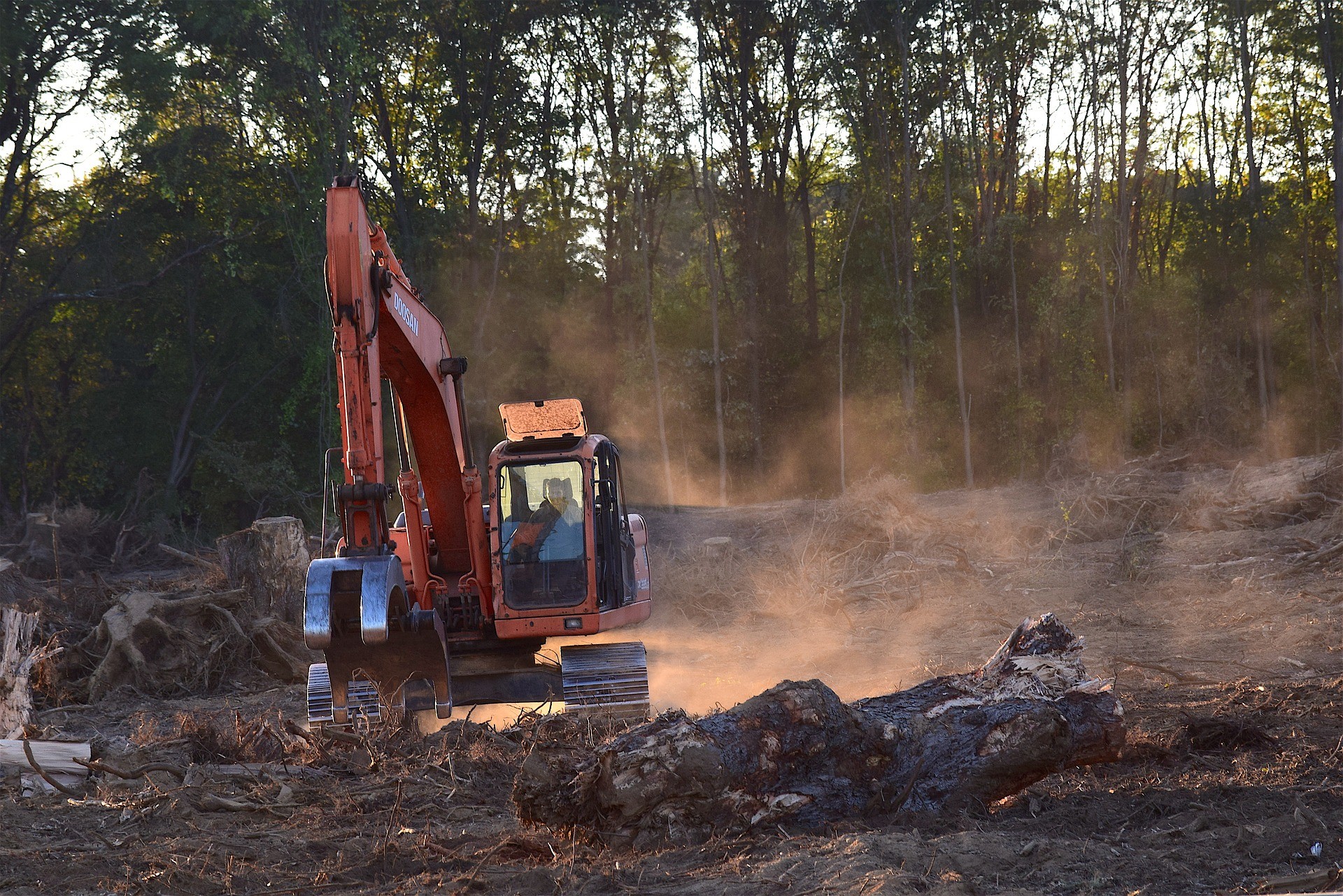1) The meat industry is choosing to feed animals instead of humans
World Health Organisation (WHO) estimates that one-third of the world’s population is affected by malnutrition; at least half of the 10.4 million child deaths each year are attributed to it. Yet, between one-third to half of world’s edible harvest is fed to livestock each year.
We are using the land in developing countries — in which malnutrition rates are inhumanely high— that could otherwise be used to grow food for humans to produce and export feed for animals in the developed world.
For example, Brazil sends large amounts of crops, that are grown on destroyed rainforest land, to Europe and Japan each year while 16.7 million people in the country suffer from malnutrition.
A report published by the International Food Policy Research Institute estimates that if we can decrease meat consumption in the developed world by 50 percent, we can save 3.6 million children in the developing world from malnutrition.
Yes, killing animals to feed humans is cruel (for some) but feeding them at the expense of millions of people is beyond that, it is a violation of human rights.

2) The meat industry is draining the planet
Water is a resource critical for life on earth and it is vastly exploited by the meat industry. Worldwide, more than a billion people can’t access enough safe water that meets minimum levels of health. And the threat of water scarcity is growing by the day.
Meanwhile, the meat industry plays a critical role in depleting and polluting the planet’s water resources. The average of meat products has a much larger water footprint than plant crops. According to David Pimentel, a water resource specialist at Cornell University, it takes 500 litres of water to produce a kilogram of potatoes, 900 to produce a kilogram of wheat, 2000 for soybeans, and a whopping 100.000 litres of water for just one kilogram of beef.
The diet of a meat eater requires 15 times more water than a plant-based one. This means that switching to a plant-based diet can save up to five million litres per year, per person.

3) It’s not just food and water
On top of food and water, another resource crucial to the prosperity of people and the planet that the meat industry is exploiting is land. A meat-based diet uses up to 20 times more land than a vegan one. The use of land is mainly attributed to animal feed pastures and grazing.
Worldwide, we are now using 30 percent of the earth’s entire land surface for livestock. And as if taking up precious land is not enough, the meat industry also degrades the land it uses, making it baren.
As the world isn’t this big flat ball (oblate spheroid) the land that’s required to grow and feed livestock isn’t just around for the taking. To create this land trees and vegetation, habitats for millions of living organisms, are destroyed.
Over four decades, about 40 percent of rainforests were cut down in Central America to produce animal feed and land for grazing. Between 2004 and 2005 an estimated 1.2 million hectares of rainforest was destroyed because of the soybean boom, the production of soybean as animal feed.
Many experts on desertification argue that the deforestation of the Sahara Desert which was once a fertile region was caused primarily by animal grazing, the direction we are going towards right now.
The desertification caused by the meat industry affects the rural poor the worst. Drought caused by the changes in rainy seasons, which is related to the destruction of rainforests and overgrazing of the land, has become the chief cause of extreme human famine. Destruction of the land is leaving local communities hungry, poor, and desperate.

4) Working in the meat industry is not good for humans
Animal farming is considered amongst the most dangerous industries worldwide. The Occupational Safety and Health Administration of the US government (OSHA) has reported that just in the US, close to 10.000 people have died from work-related injuries between 1992 and 2009.
The injuries that occur in animal farming include a vast range from chronic pain to cardiovascular disease, to death.
Slaughterhouse work is often undertaken by transient and migrant workers who are undocumented which leads to situations in which the workers are fearful of reporting illness or injury. Often, they don’t receive adequate treatment.
On top of the physical toll, many workers endure incredible emotional trauma that comes from working in a slaughterhouse. According to Human Rights Watch, worker conditions in factory farms are considered “systematic human rights abuse.”
5) Did someone say climate change?
A report released by the Food and Agriculture Organization (FAO) of the United Nations, states that "the livestock sector is a major stressor on many ecosystems and on the planet as a whole. Globally it is one of the largest sources of greenhouse gases (GHG) and one of the leading causal factors in the loss of biodiversity.”
According to the same report, the meat industry produces 18 percent of all greenhouse gas emissions. That is more than the emissions of all planes, trains, and cars combined.
By now, we should all be convinced that climate change is real and it affects not just the planet but also its inhabitants. As Dr Katherine Hayhoe says, "The most dangerous myth we’ve bought into is that climate change will only harm plants, animals, and future generations; someone else, not me.”
Same goes with eating a meat-based diet, we are vaguely aware of the effects of the livestock industry on climate change but do not realise how dire the situation is, and how close to home.
Ignoring the effects of the meat industry on climate change is essentially just fooling ourselves, trying to sweep a massive problem under a bath mat.

Veganism implies different things to different people. To some, it’s just a dietary preference, some don’t like the taste of meat, some think eggs are gross. To others, eating meat represents animal suffering, a violation of animal rights.
But in the current climate veganism represents much more than a dietary preference or caring about animals. The meat industry, as it currently is, does much more than just harm animals. It is depleting our resources, polluting the planet, and exploiting human beings.
Substantially reducing (and preferably ending, but let’s be real) meat consumption and production is crucial for the future of the planet and consequently, the people.




